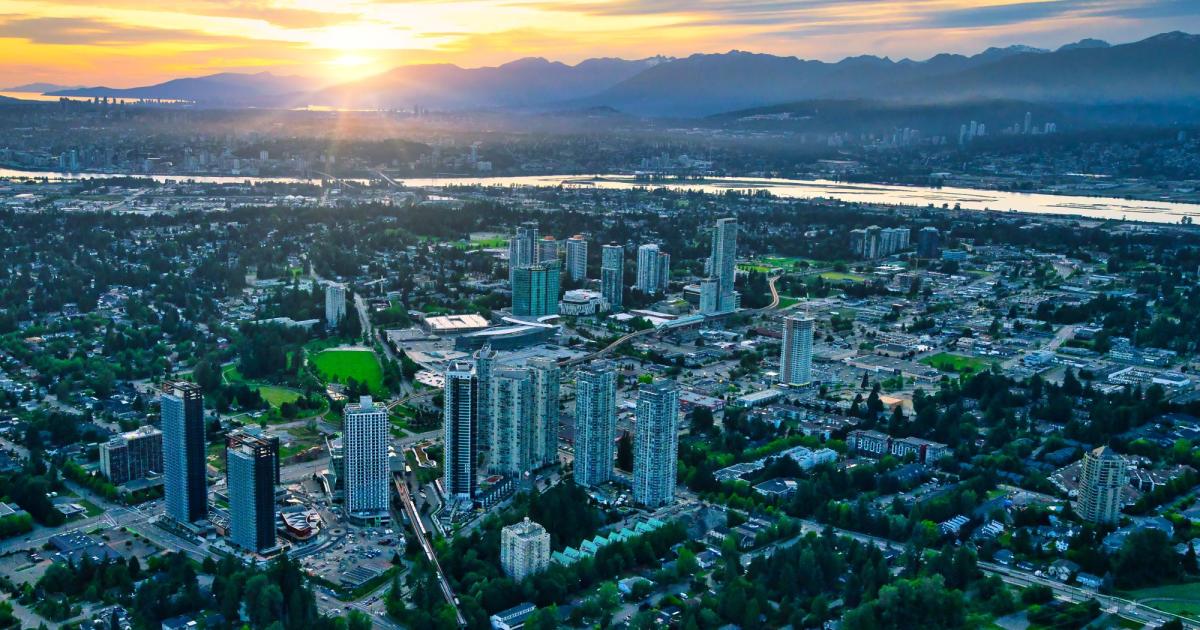Indigenous people in Surrey severely impacted by housing
Officials are calling for coordinated action by all levels of government

City of Surrey
Key Takeaways:
- Indigenous people are far more impacted by the lack of affordable housing in Surrey than non-Indigenous people.
- At least 635 Indigenous individuals are estimated to have experienced homelessness in Surrey in the 2020 regional count.
- The city is calling for immediate coordinated action by the federal, provincial, and municipal governments to create deeply affordable housing.
The Whole Story:
Indigenous people urgently need affordable housing in Surrey, a new report shows.
According to research by the Surrey Urban Indigenous Leadership Committee (SUILC), at least 635 Indigenous individuals are estimated to have experienced homelessness in Surrey in the 2020 regional count, a rate of 1 in 26 Indigenous people compared to 1 in 239 non-Indigenous people.
“Surrey has one of the largest and fastest growing Indigenous populations in B.C. and I commend the Committee for its meaningful work in identifying priorities to help address the urgent housing need,” said Mayor Brenda Locke. “This information supports our collective efforts to create affordable and appropriate housing for Indigenous people in our City. The City is a proud partner of the Surrey Urban Indigenous Leadership Committee and looks forward to continuing to work together to find solutions.”
City officials noted that housing is an urgent and immediate need for many Indigenous people living in Surrey, but Indigenous homelessness goes beyond being housed. The report, titled “Finding Our Way Home”, noted that the issue is an experience of isolation and interruption from their spiritual, relational, and cultural Indigenous ways of being, including access to land, community, Elders and Knowledge Keepers.
City officials stated that they support SUILC’s two priority recommendations:
- Priority 1: Immediate coordinated action by the federal, provincial, and municipal governments to create deeply affordable housing, with and without supports, in Surrey to offer an exit strategy for Indigenous people experiencing homelessness and to prevent individuals and households from falling into homelessness. Housing is needed for single Indigenous men and women, and low-income families in crisis, especially single-parent families.
- Priority 2: Create and implement a strategy to increase local Indigenous capacity to develop affordable housing in Surrey.
“Finding Our Way Home acknowledges that preventing homelessness is more than helping Indigenous people through individual circumstances, but also addressing societal systems including education,” said Lyn Daniels, co-chair of SUILC. “Indigenous people leave their communities and come to urban centers for educational reasons, however, the desire for education can lead to homelessness because of the lack of affordability and support within Surrey. As an educator, I am committed to working with the city of Surrey and all levels of government to advocate to prevent Indigenous homelessness.”
Samantha Jack, co-chair of SUILC explained that Canada has a long history of apprehending children and placing them in care with non-Indigenous families and disconnecting them from community, culture and language.
“Once they age out of care, our youth experience housing insecurity and are at risk of homelessness. Finding Our Way Home is a great report that addresses the immediate priorities of helping our homeless youth in Surrey,” said Jack. “I am committed to working with the City of Surrey to support our urban Indigenous youth in accessing culturally safe housing to combat Indigenous homelessness.”
The Surrey Urban Indigenous Leadership Committee (SUILC) is a coalition of organizations that have come together to advocate for the urban Indigenous people living in Surrey.
